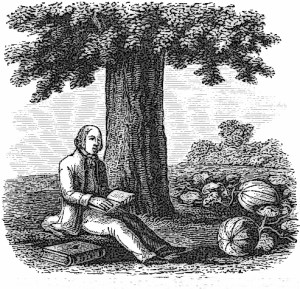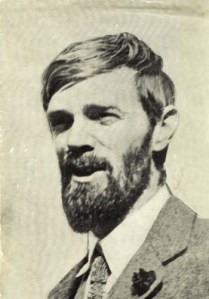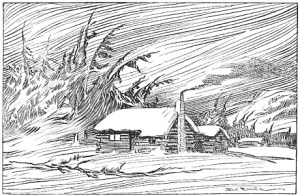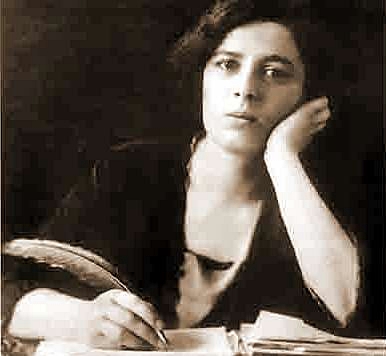When I first began writing seriously in the early 1990s, I took to reading literary biographies as a way of defining myself as a writer. I was thrilled to find how quickly I recognized my own struggles in the lives of famous authors. I also saw the shared personality traits that prompt certain kinds of people to explore the possibilities of living the artist’s life. Nothing strengthens and focusses an emerging identity more than the chance to identify thoroughly with others who are already there and have blazed the trail, so to speak.

H. G. Wells makes a good role model for the commercially inclined genre writer. (Photo: public domain)
While of limited use to dedicated literary writers, any would-be author who aspires to sell well and achieve wide popularity and respect can profit from studying the life of H. G. Wells. If you wrestle with the common conflict over whether to go literary or commercial with your writing, Wells will prove especially interesting as he wrote, with varying degrees of success, across a number of genres including sci-fi thrillers, novels of ideas, and serious literary novels. The commercial and literary options seemed mutually exclusive to me and trying to decide which way to go affected my writing for years with first one side and then the other gaining ascendancy. In the end, I borrowed a page from Wells’ book. I now wrestle with novels of ideas finding such works to be a satisfying blend of entertaining story and worthwhile philosophical musing.
Continue reading “New Writers Benefit from Identifying with Famous Authors”







